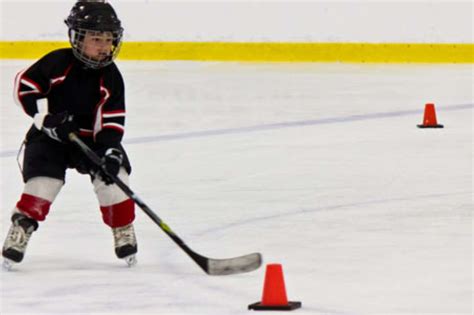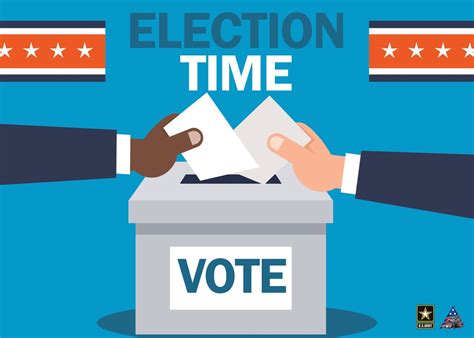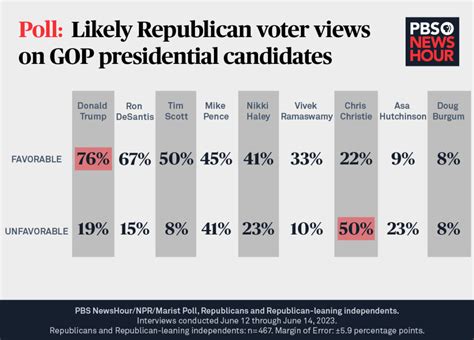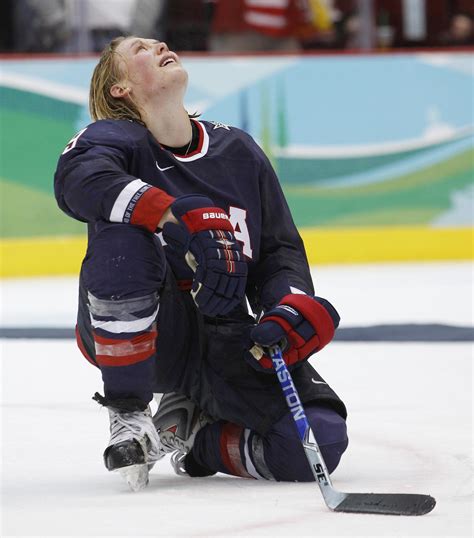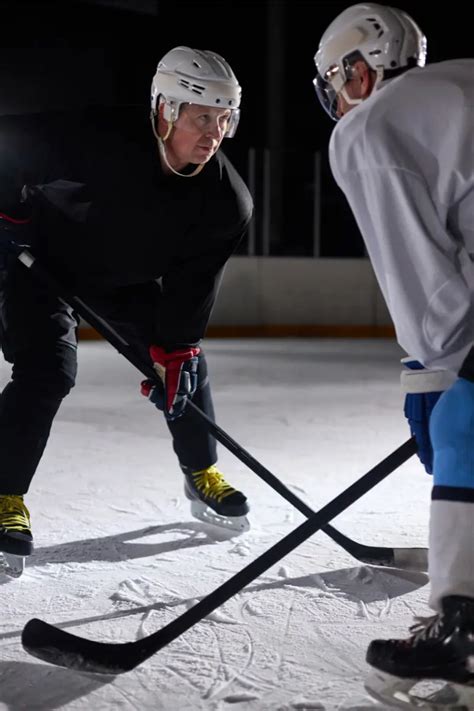Explore the vital role of coaches in hockey talent development, essential skills they teach, and their impact on player growth and team dynamics.In the fast-paced world of hockey, the development of talent is a multifaceted process that hinges significantly on the influence of coaches. These dedicated mentors play a crucial role in shaping the skills, attitudes, and overall growth of young players, paving the way for future success on and off the ice. From imparting essential techniques to fostering a positive environment, coaches are the unsung heroes behind every aspiring hockey star. In this article, we will explore the invaluable contributions coaches make in refining talent, the key skills they nurture in players, and how they enhance team dynamics and performance. Join us as we delve into the pivotal role coaches play in the journey of every hockey player, guiding them towards excellence and personal growth in the exhilarating world of hockey.
Understanding The Role Of Coaches In Hockey Talent Development
In the realm of hockey, the impact of coaching cannot be overstated. Coaches serve as the guiding force in the journey of young athletes, shaping not only their skills on the ice but also their mental approach to the game. At the core of their responsibilities lies the role of talent development, which encompasses various facets, ranging from technical skills to emotional intelligence.
Firstly, coaches are instrumental in identifying the individual strengths and weaknesses of each player. This allows them to tailor training programs that cater specifically to the developmental needs of each athlete. By doing so, they effectively maximize potential and ensure that players are consistently challenged.
Moreover, coaches play a pivotal role in instilling essential values such as discipline, teamwork, and resilience. These values are critical not only for performance during games but also for the holistic development of a player. Coaches often act as mentors, guiding players through the ups and downs of their sporting journey, fostering a growth mindset that encourages perseverance.
In addition to skills training and personal development, coaches are essential in creating a supportive and motivating environment. By building strong relationships with players, they create a culture of open communication and trust, which is vital for a positive learning atmosphere. This sense of belonging can significantly enhance players’ confidence and enjoyment of the game.
Furthermore, coaches are responsible for implementing strategies that align with the overall goals of the team. This includes devising game plans that leverage players’ unique abilities, ultimately leading to improved team performance. Their strategic foresight contributes to developing not just individual talent, but cohesive teamwork.
The role of coaches in hockey talent development is multifaceted and invaluable. By focusing on tailored skill development, instilling core values, nurturing a positive environment, and strategically guiding teams, coaches lay the groundwork for athletes to thrive both on and off the ice.
Essential Skills Coaches Impart To Young Hockey Players
The role of coaches in developing young hockey players extends beyond teaching the basics of the game. Coaches play a crucial part in nurturing various skills that contribute to both individual and team success. Here are some essential skills that coaches focus on:
- Technical Skills: Coaches help players develop foundational technical skills such as stickhandling, passing, shooting, and skating. Mastery of these skills is vital for players to excel on the ice.
- Tactical Understanding: Coaches impart strategic knowledge about gameplay, helping players understand positioning, plays, and how to read the game effectively. This tactical awareness is essential for making better decisions during matches.
- Physical Conditioning: Coaches emphasize the importance of physical fitness, strength training, and injury prevention. A well-conditioned athlete performs better and reduces the risk of injuries.
- Mental Toughness: The role of coaches is critical in developing a player’s mental resilience. Coaches teach players how to handle pressure, stay focused, and maintain a positive mindset, which is particularly important during high-stakes games.
- Teamwork and Communication: Coaches foster an environment where players learn to work together effectively. Good communication skills and understanding one’s role within a team are essential for achieving success on the ice.
- Sportsmanship: Coaches instill the values of respect, fairness, and humility in players. These principles of sportsmanship not only shape character but also enhance the overall experience of competing in sports.
By focusing on these essential skills, coaches significantly influence a player’s development and ensure they grow to their full potential, reinforcing the role of coaches as vital contributors to the future of hockey talent.
Creating A Positive Environment: The Role Of Coaches
One of the fundamental aspects of coaching in hockey is the ability to create a positive environment for young athletes. Coaches play a crucial role in shaping not only the skills of their players but also their emotional and psychological well-being. When players feel valued and supported, their confidence and performance can significantly improve.
A positive environment is fostered through various methods:
- Encouragement and Support: Coaches should regularly provide constructive feedback, acknowledging both the strengths and areas for improvement in their players. This balance promotes a growth mindset.
- Open Communication: Establishing a culture where players feel comfortable sharing their thoughts and concerns fosters trust. This transparency enables coaches to better understand their players’ needs.
- Team Bonding Activities: Integrating team-building exercises can strengthen relationships among players, resulting in better teamwork on the ice.
- Setting Realistic Goals: Helping players set achievable goals keeps them focused and motivated while reducing unnecessary pressure.
- Celebrating Achievements: Recognizing both individual and team accomplishments, no matter how small, cultivates a sense of belonging and pride within the team.
In essence, the role of coaches extends beyond the technical aspects of hockey; they are instrumental in developing a nurturing atmosphere conducive to personal and athletic growth. By prioritizing a positive environment, coaches not only enhance performance but also instill lifelong values in their players, including teamwork, resilience, and respect.
Measuring Success: Coaches’ Impact On Hockey Players’ Growth
The impact of coaches on a player’s development can be significant and multifaceted. Understanding the criteria that define success within the context of hockey talent development is crucial. Coaches play a vital role in shaping not only the physical skills of young athletes but also their mental fortitude, resilience, and game intelligence. Here are some key points to consider when measuring this impact:
- Tangible Skill Enhancement: One of the most straightforward ways to measure a coach’s effectiveness is through the improvement of a player’s technical skills. This includes assessments of shooting accuracy, skating speed, and on-ice decision-making capabilities.
- Player Confidence: The role of a coach extends to building a player’s self-esteem. Enhanced confidence often translates into better performance during competitive situations. Tracking a player’s willingness to take risks or try new strategies can serve as indicators of their growing confidence.
- Player Retention Rates: Coaches that foster a positive environment tend to have higher retention rates among their players. A stable environment encourages young athletes to continue their sport, which directly correlates with long-term player development.
- Feedback and Communication: Effective coaches provide constructive feedback. Measuring the frequency and quality of communication can reveal how players perceive their growth. A positive rapport often results in a better receptiveness to learning.
- Athletic Statistics: Performance metrics, such as goals scored, assists, and player statistics during games, can help gauge the effectiveness of coaching strategies. Comparing these numbers over seasons can highlight areas of improvement.
- Player Testimonials: Feedback from players about their experience and the value they see in their coaching can offer qualitative insights into the coaching impact. Regular surveys or informal discussions can yield valuable data.
Overall, the role of coaches in hockey talent development is foundational. By focusing on these measurable aspects of a player’s growth, the true impact of coaching becomes clearer, enabling the continuous improvement of coaching methodologies.
The Role Of Coaches In Enhancing Team Dynamics And Performance
Effective coaching goes beyond individual skill development; it plays a pivotal role in shaping the chemistry and performance of the entire team. The role of coaches in enhancing team dynamics is multi-faceted, involving the cultivation of communication, trust, and collaboration among players.
One of the primary responsibilities of a coach is to foster open lines of communication within the team. By encouraging players to express their thoughts and concerns, coaches can create an environment where everyone feels valued and heard. This openness lays the foundation for strong relationships and promotes a sense of unity, which is essential for overall team success.
Moreover, the role of coaches in building trust cannot be overstated. When players trust each other and their coaches, they are more likely to take risks, share responsibilities, and support one another both on and off the ice. Coaches can facilitate this by modeling integrity, fairness, and consistency in their actions and decisions, thereby solidifying the players’ confidence in the coaching staff as well as in each other.
Additionally, team dynamics are significantly influenced by how coaches set goals and manage group dynamics. Effective coaches impart a vision for success that aligns with the team’s aspirations, while also recognizing individual player strengths and weaknesses. By creating roles within the team that highlight each player’s strengths, coaches can enhance performance, ensuring that players work together seamlessly toward a common objective.
Furthermore, coaches often employ strategies that promote collaboration through team-building exercises and drills, which reinforce camaraderie and problem-solving skills. As players learn to work together in challenging scenarios, they develop the ability to function as a cohesive unit during actual games. This collective resilience is a testament to the crucial role coaches play in not only cultivating individual talent but also enhancing overall team performance.
The impact of coaches on team dynamics is profound. By fostering communication, building trust, and enforcing collaborative strategies, coaches significantly enhance the overall performance of the team. In the world of hockey, where teamwork is paramount, understanding the role of coaches is key to developing a successful and harmonious team environment.
Frequently Asked Questions
What are the primary responsibilities of a hockey coach in talent development?
A hockey coach is responsible for identifying players’ strengths and weaknesses, designing training programs that enhance skills, providing strategic guidance during games, and fostering a positive team environment.
How do coaches impact a player’s mental game in hockey?
Coaches significantly influence a player’s mental game by offering support, building confidence, and teaching resilience. They help athletes develop a winning mindset and cope with the pressures of competition.
What methods do coaches use to evaluate a player’s skills?
Coaches often use a combination of on-ice assessments, video analysis, and game performance reviews to evaluate player skills and track their progress over time.
In what ways can coaches cultivate teamwork among players?
Coaches can cultivate teamwork through team-building exercises, encouraging communication on and off the ice, and setting collaborative goals that require players to work together for success.
What role does feedback play in a coach’s approach to developing talent?
Feedback is essential as it allows coaches to provide constructive criticism, highlight areas for improvement, and reinforce positive behaviors, thereby guiding players in their development journey.
How do coaches tailor their coaching styles to different types of players?
Coaches assess each player’s individual learning styles, personalities, and skill levels to adapt their coaching methods, ensuring personalized development that maximizes each athlete’s potential.
What are the long-term benefits of effective coaching in hockey talent development?
Effective coaching leads to improved player performance, a deeper understanding of the game, better mental fortitude, and a greater likelihood of success in higher levels of competition, ultimately contributing to the player’s overall growth.

